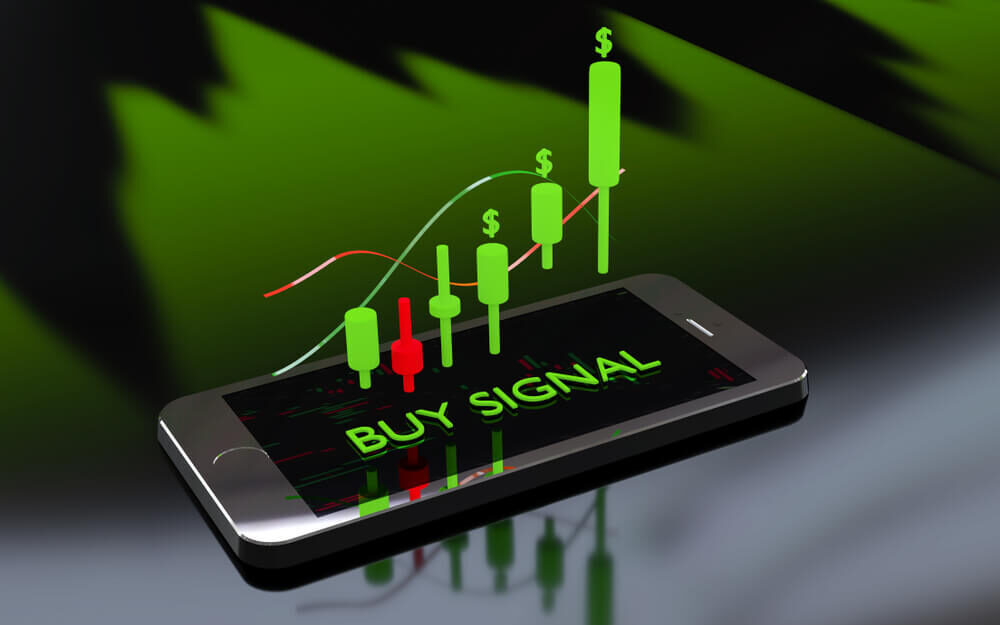Citi compares today’s market with that of 2002, using assorted metrics such as margin debt, options trading and newsletter sentiment to define stock market euphoria. But I think the better comparison might be 1998.
Here’s a headline you don’t see everyday: “Citi Warns Equity Euphoria at Highest Since 2002.”
Now, I don’t make a habit of taking financial advice from Citi. After all, this was the bank whose former CEO, Chuck Prince, famously justified making reckless loans in 2007 by saying “As long as the music is playing, you’ve got to get up and dance.”
That said, they’re not wrong when they warn about stock market euphoria. Citi strategist Tobias Levkovich commented that “We are concerned that thoughtful approaches are overwhelmed by the need to at least keep pace with price moves.”
Investors are not buying because they’ve done a discounted cash flow analysis and determined that Apple Inc. (Nasdaq: AAPL) and Microsoft Corporation (Nasdaq: MSFT) are undervalued based on expected future cash flows. They’re buying because prices are exploding higher, and they’re worried about lagging behind.
Citi compares today’s market with that of 2002, using assorted metrics such as margin debt, options trading and newsletter sentiment to define stock market euphoria. But I think the better comparison might be 1998.
In late 1998, it looked like the great tech-led bull market of the 1990s was coming to an end. Emerging markets were suffering through a currency crisis, and Long-Term Capital Management — the marquee hedge fund led by the gentlemen that quite literally wrote the financial textbooks MBA candidates study in their grad programs — spectacularly blew up.
The Federal Reserve stepped in, flooded the market with liquidity, and persuaded the Wall Street banks to liquidate Long-Term Capital Management in an orderly fashion.
And what happened? Stock market euphoria came back with a vengeance and the great 1990s bull market continued to soar higher for another year and a half.
Things are a little different this time around. But they’re also exactly the same.
The COVID-19 bear market was halted by a massive injection of liquidity by the Fed. Then, as now, it reignited the animal spirits.
This may have a while to run, as the Fed isn’t pulling back its stimulus any time soon. But we’re already seeing some anecdotal signs that this is in the late stages.
Robinhood, the app-based broker popular with millennials, has reported a surge of new account openings, as have other retail brokers. And last month, the Financial Times reported that bored gamblers currently unable to bet on sports are instead opening brokerage accounts.
Stocks climb that proverbial wall of worry. I get that. But at this point, the market seems to be pricing in an immediate return to total normalcy with no possibility of a second wave of virus infections or a lengthy economic recovery.
How to Invest in a Time of Stock Market Euphoria
After nearly three years of watching the “Fed put” in action, investors believe they know the game. No matter how ill-conceived their investment thesis, the Fed has their back.
That’s a flimsy basis for a durable bull market. But it could be enough to keep momentum in play for at least another several months, if not a couple years.
It’s perfectly fine to be invested here. But you need to make sure you have a better plan than buy, hold and pray.
On a personal note, I’m keeping more of my portfolio in shorter-term trading strategies these days. I have a few buy-and-hold picks that I’m willing to hold through a major, prolonged bear market. But with the lion’s share, I’m keeping my trading and investing a lot more short-term.
Your plan might look a lot different than mine, and that’s perfectly fine. Just make sure you have a plan in place for when this stock market euphoria eventually swings back to fear.
• Money & Markets contributor Charles Sizemore specializes in income and retirement topics, and is a frequent guest on CNBC, Bloomberg and Fox Business.
Follow Charles on Twitter @CharlesSizemore.
